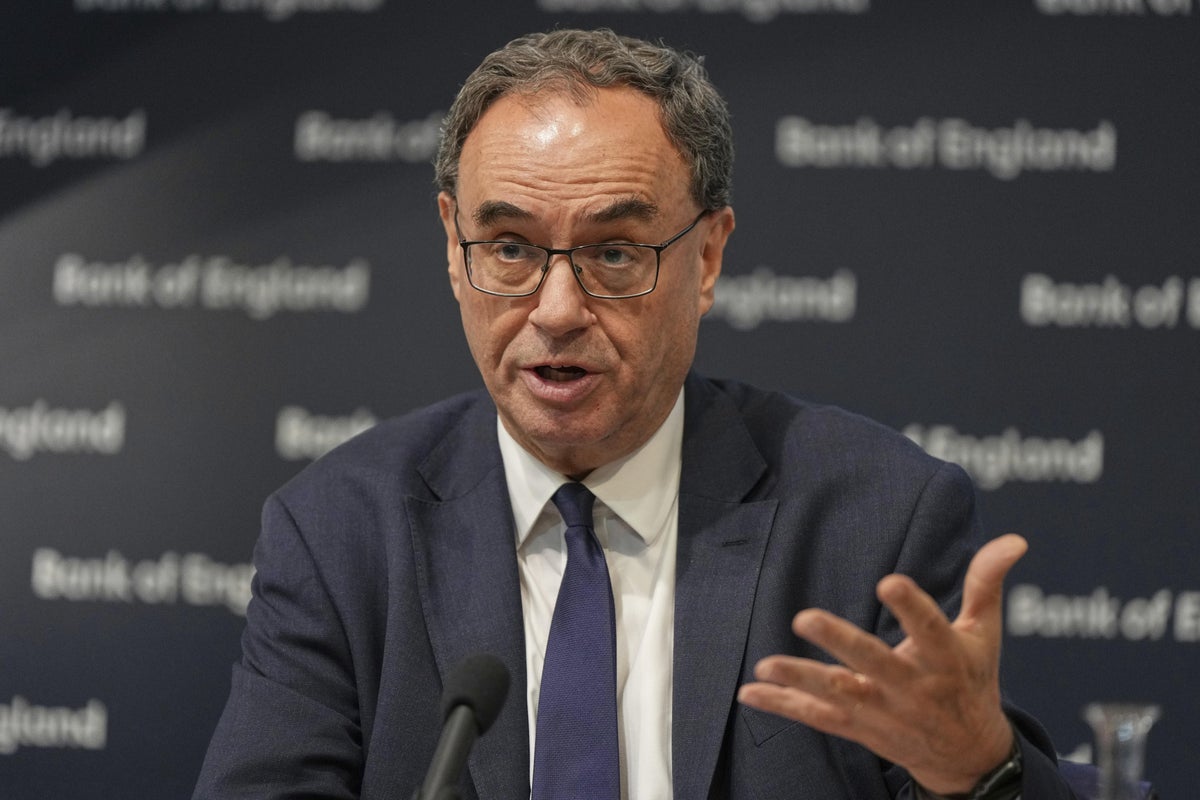Cryptocurrency in the UK's Financial Future

Urgent Need for Digital Reforms in Retail Banking
Bank of England Governor Andrew Bailey has emphasized the importance of digital reforms in retail banking payments, calling it an "urgent" priority. In his annual Mansion House dinner speech, he highlighted the need for the UK to leverage digital technology to modernize its payment systems, both domestically and internationally. This move, according to Bailey, is essential to future-proof the infrastructure and support economic growth.
Bailey acknowledged the potential for innovation in the payments sector, stating that the opportunity is clear. He outlined the Bank’s commitment to working with authorities and industry stakeholders to design and implement the next generation of UK retail payments infrastructure. This initiative aims to replace outdated systems while also contributing to broader economic growth, aligning with recent financial services reforms announced by Chancellor Rachel Reeves.
Stablecoins and the Role of Digital Currency
While expressing support for digital innovation, Bailey remained cautious about the concept of a digital pound. He reiterated concerns over stablecoins—cryptocurrencies backed by traditional assets like currencies or commodities—but suggested there may be a role for them in the future. However, he stressed that stablecoins should not be seen as a substitute for commercial bank money.
Bailey emphasized the importance of ensuring the safety of any stablecoins that claim to function as money. He also mentioned the possibility of a retail central bank digital currency (CBDC) but questioned the necessity of creating a new form of money when existing digital technologies could be used to enhance retail payments and bank accounts.
His comments come after he recently warned global banking giants against issuing their own stablecoins, citing concerns that they could divert funds from the banking system and reduce the availability of credit for lending.
Shifting Global Trade Dynamics
In addition to discussing digital reforms, Bailey addressed the ongoing impact of global trade wars. He described the current shift in trade policies as the most sudden and fundamental change since the post-war era. According to him, these shifts represent a generational transformation in international trade systems.
Bailey warned that increasing tariffs risk fragmenting the global economy, which could lead to reduced economic activity. He pointed out that recent events have exposed weaknesses in the multilateral system, including the global trading framework.
He called on institutions such as the International Monetary Fund (IMF) and the World Trade Organisation (WTO) to collaborate and help establish agreements among member states on global trade rules. However, he acknowledged the significant challenges in addressing current trade tensions.
The Path Forward
Bailey's speech reflects a balanced approach to digital innovation and global economic stability. While advocating for urgent digital reforms in the banking sector, he remains skeptical about the need for a digital pound and emphasizes the importance of maintaining the integrity of the banking system. His focus on collaboration between regulators, industry players, and international organizations highlights the complexity of navigating today’s rapidly evolving economic landscape.







